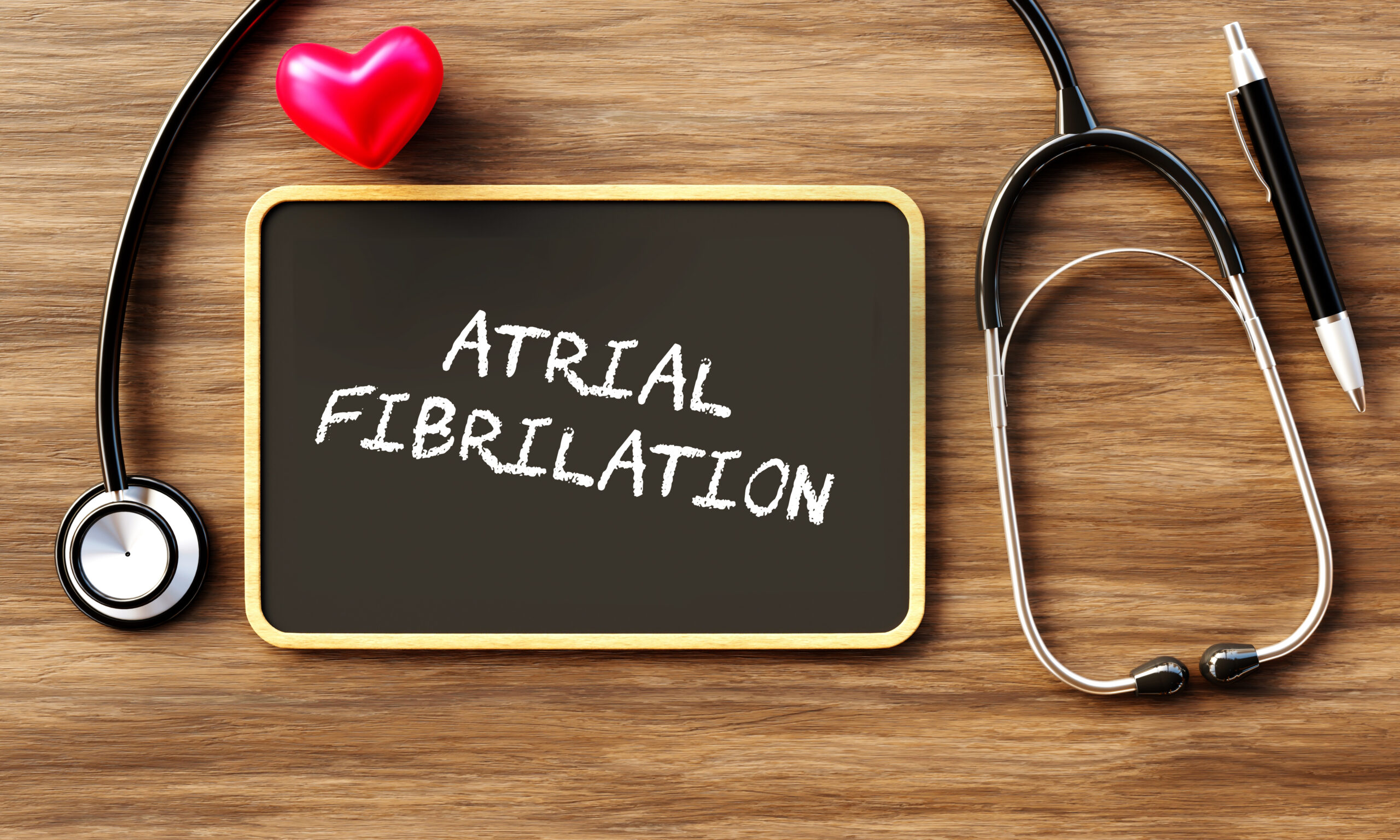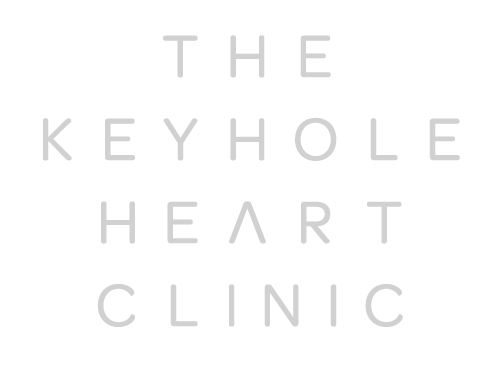AFib Treatment: A Comprehensive Guide to Managing Atrial Fibrillation

Introduction to AFib Treatments
AFib treatment is a critical aspect of managing Atrial Fibrillation, a widespread heart rhythm disorder affecting millions of individuals globally. This condition, characterized by irregular and rapid heartbeats, poses significant health risks if left untreated. Fortunately, the field of AFib treatment has seen remarkable advancements, offering a range of solutions to effectively address this condition. In this blog, we will delve into various AFib treatment options, emphasizing the potential benefits of keyhole surgery as a promising course of action.
Understanding AFib Treatments
Before we explore AFib treatment options in detail, it’s essential to grasp the nature of this condition. Atrial Fibrillation, or AFib, occurs when the heart’s upper chambers (atria) beat irregularly and rapidly, leading to quivering or fibrillation instead of a coordinated rhythm. This disruption in the normal flow of blood can elevate the risk of blood clots, stroke, heart failure, and other cardiovascular complications. Therefore, managing AFib through effective AFib treatment is crucial for maintaining heart health and reducing associated health risks.
AFib Treatment Options
Lifestyle Modifications for AFib Treatment:
- Incorporating lifestyle changes can be a fundamental aspect of AFib treatment, helping individuals manage their symptoms and overall well-being.
- AFib treatment through lifestyle modification includes maintaining a heart-healthy diet, engaging in regular exercise, and adopting stress management techniques.
- Limiting alcohol and caffeine intake and quitting smoking are also integral components of AFib treatment.
Medications for AFib Treatment:
- Medications are often prescribed as a primary AFib treatment strategy.
- Antiarrhythmic drugs are used in AFib treatment to restore and maintain a regular heart rhythm.
- Blood thinners, known as anticoagulants, play a vital role in AFib treatment by reducing the risk of stroke through the prevention of blood clots.
Cardioversion as an AFib Treatment:
- Cardioversion is another approach in AFib treatment, involving the administration of an electric shock or medications to restore a normal heart rhythm.
Catheter Ablation in AFib Treatment:
- Catheter ablation is a minimally invasive AFib treatment procedure that aims to eliminate or isolate the tissue responsible for irregular heartbeats.
- This AFib treatment approach can be highly effective in restoring and maintaining a regular heart rhythm.
Keyhole Surgery (Minimally Invasive Maze Procedure) in AFib Treatment
Keyhole surgery, also referred to as the minimally invasive Maze procedure, stands out as a promising AFib treatment option, particularly for individuals who have not responded favourably to medications or catheter ablation. Here are the key advantages of keyhole surgery in AFib treatment:
- Precise AFib Treatment: Keyhole surgery enables precise access to the heart’s atria, facilitating the creation of well-defined lines of scar tissue to block abnormal electrical pathways responsible for AFib.
- Swift AFib Treatment Recovery: Compared to traditional open-heart surgery, keyhole surgery offers a quicker recovery period in AFib treatment. Patients experience reduced postoperative pain and can return to their routine activities sooner.
- Enhanced Success Rates in AFib Treatment: Some studies indicate that keyhole surgery may yield higher success rates in maintaining normal heart rhythms, reducing the need for additional AFib treatment interventions.
- Lower Complication Rates: Minimally invasive approaches like keyhole surgery are associated with fewer complications and a reduced risk of infection in AFib treatment.
Conclusion on AFib Treatment
Atrial Fibrillation is a common and potentially serious cardiac condition that demands prompt attention and effective AFib treatment. While lifestyle adjustments and medications play pivotal roles in AFib treatment, advanced interventions such as catheter ablation and keyhole surgery are gaining recognition for their effectiveness.
Keyhole surgery, in particular, offers precise AFib treatment, faster recovery, improved success rates, and lower complication rates. If you or a loved one is grappling with AFib, it’s imperative to consult a cardiologist for a comprehensive AFib treatment plan, which may include considering keyhole surgery as the optimal course of action for better heart health and an enhanced quality of life.


